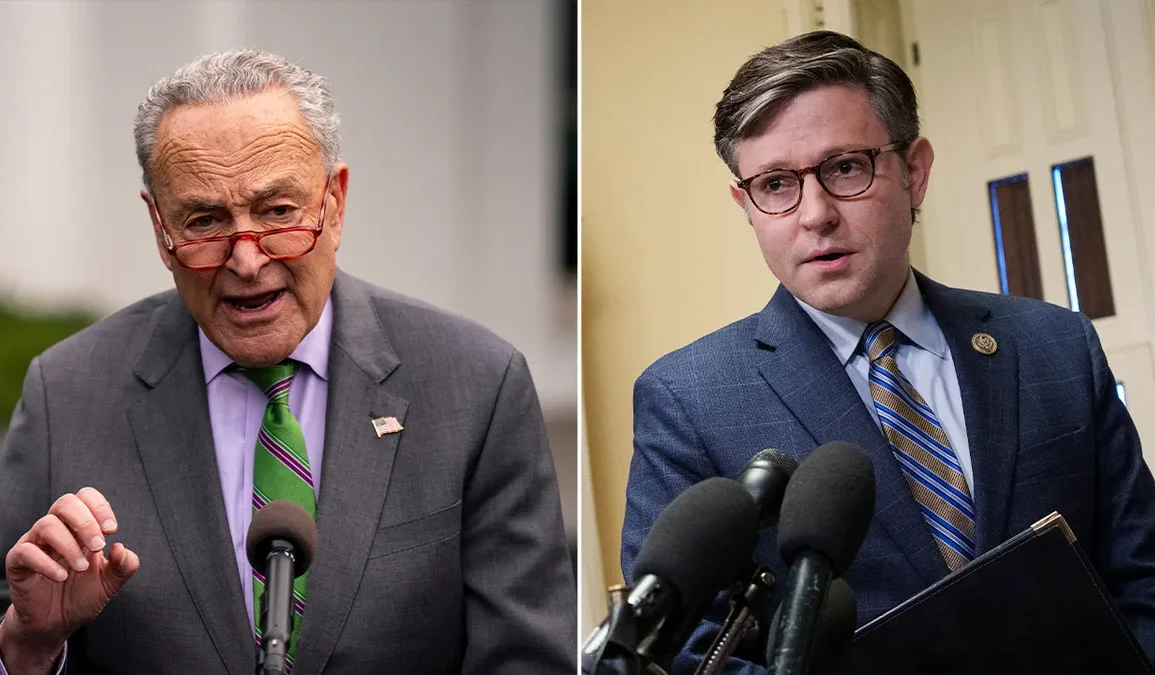In a recent development, congressional leaders have managed to reach a deal for a short-term federal funding extension until early March, alleviating concerns of a potential government shutdown. The deal, which was confirmed by a source familiar with the matter, will require Senate Majority Leader Chuck Schumer, a Democrat from New York, and Speaker Mike Johnson, a Republican from Louisiana, to bring another continuing resolution (CR) for a vote in their respective chambers this week to avoid a partial shutdown on January 19.
Under the proposed deal, funding for some agencies and departments will be extended through March 1, while the remainder will be funded through March 8. This approach follows Speaker Johnson’s “laddered” CR strategy, which was successfully passed by Congress in mid-November. The initial plan included separate deadlines for different appropriations bills, with less controversial bills being addressed first and the remaining bills to be worked out by the February deadline.
The main objective of separating the deadlines is to prevent the passage of an all-in-one “omnibus” spending bill, a proposition that has been opposed by Republicans. Instead, House Republicans have committed to passing 12 single-subject appropriations bills, aiming to return to a more orderly process.
However, it is important to note that the proposed short-term funding patch is likely to face opposition from the right flank of the Republican party, who have been urging Speaker Johnson to use the threat of a government shutdown as leverage to secure conservative border policy wins from the Democrat-controlled Senate and White House. These divisions within the Republican party mirror the challenges faced by House Republicans in the previous year, particularly regarding government spending.
Earlier this month, Speaker Johnson reached a bipartisan agreement with Majority Leader Schumer to set the government’s discretionary spending levels at $1.59 trillion for fiscal year 2024. The agreement also included an additional $69 billion, as per a side-agreement between former Speaker Kevin McCarthy, a Republican from California, and President Biden. However, Johnson negotiated $16 billion in added cuts to offset this amount, leading to criticism from GOP hardliners who opposed the McCarthy policies.
Conservatives within the party have been pressuring Speaker Johnson to reconsider the Schumer topline deal, but the speaker has affirmed that the agreement remains in place, a stance supported by a majority of the House GOP rank-and-file.
While the details of the new CR are not yet available, it is expected that Speaker Johnson’s “laddered” approach will be maintained. The potential government shutdown and the ongoing divisions within the Republican party highlight the challenges faced by Congress as they navigate the 2024 political landscape.
Elizabeth Elkind, a reporter for Digital specializing in Congress and the intersection of Artificial Intelligence and politics, contributed to this article.
Follow Elizabeth Elkind on Twitter at @liz_elkind and send tips to [email protected] for more updates from the 2024 campaign trail and exclusive interviews in the realm of politics.




